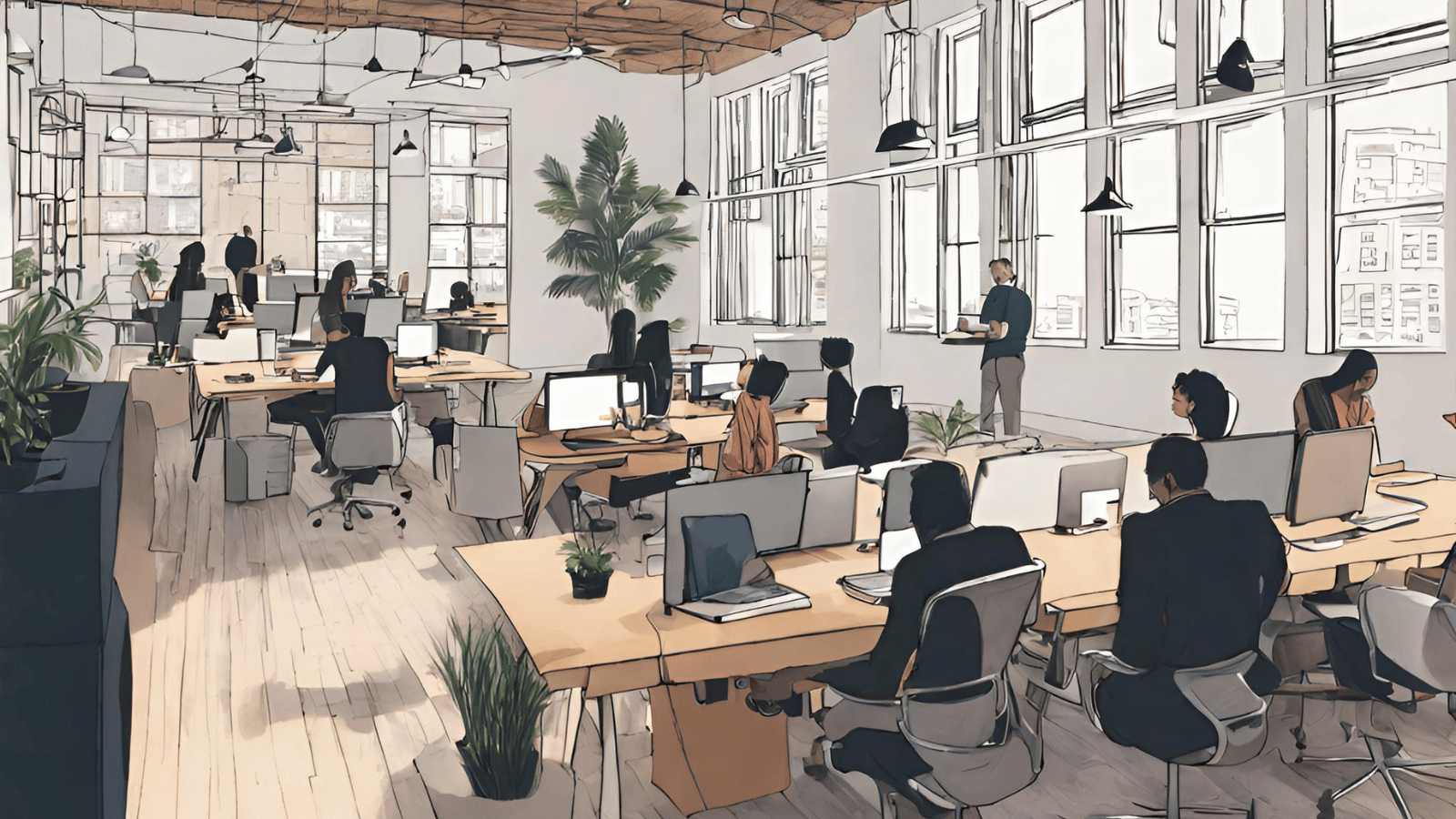In recent years, the workspace landscape has undergone a significant transformation. The once burgeoning trend of co-working spaces, hailed as the future of office work, seems to be facing a new challenge.
Data and trends indicate a shift in preference, especially among large multinational corporations (MNCs), towards outright leases and to some extent, managed offices, over on-demand desks.
According to a research report by Technavio, the co-working spaces market size is projected to decline at a CAGR of 11.23% between 2023 and 2027. Despite this, the total number of co-working spaces is expected to reach approximately 41,975 by end of 2024.
However, this statistic masks a deeper trend. There’s a notable pivot towards more structured and experiential workspace solutions. The Asia-Pacific region leads in the number of co-working locations, followed by Europe and North America, indicating a geographical variation in preferences.
The co-working space industry, once synonymous with open-plan environments bustling with startups and freelancers, is undergoing a transformative shift. Emerging data and trends indicate that while co-working continues to grow, it is increasingly becoming an exclusive concept, particularly appealing to solopreneurs and professionals in specialized fields.
Despite their rise, co-working spaces face challenges in maintaining their essence. Small coworking spaces, in particular, struggle with balancing fair pricing and sustaining their unique identity in a changing environment. There’s a risk that the genuine essence of co-working, rooted in values of openness and collaboration, might be overshadowed by commodification. The dip in global startup funding in 2023 has further dampened the prospects globally.
Large MNCs are increasingly favoring managed offices and outright leases. This shift is driven by a need for more control over the work environment and a desire for spaces that reflect their brand and culture. Managed offices offer the flexibility of co-working but with a bit higher degree of customization and exclusivity. This trend is evident in the US market, where new co-working spaces are opening, but with a focus on more structured, exclusive environments.
The experience economy is another factor impacting the appeal of co-working spaces. Today’s workforce, especially in creative and tech industries, values experiences and environments that foster innovation and collaboration. Co-working spaces, while still offering a sense of community, often lack the tailored experiences that modern workers seek. In contrast, managed offices and integrated developments are able to provide these enriched experiences.
Recognizing this shift, commercial real estate developers have upped their game. Integrated developments are increasingly seen as a better value proposition. These developments combine workspaces with other amenities like retail, residential, and leisure facilities, creating a more holistic environment.
While co-working spaces are far from obsolete and continue to grow in number, their charm and appeal seem to be diminishing in the face of evolving corporate needs and the rising experience economy.
The future of workspaces appears to be leaning towards more managed, integrated, and experience-driven environments, as large corporations and modern workers alike seek spaces that offer more than just a desk and a Wi-Fi connection. As the workspace landscape continues to evolve, the future might see co-working spaces innovating and adapting in ways that are currently unforeseen, ensuring they remain relevant in the ever-evolving landscape of work environments.
